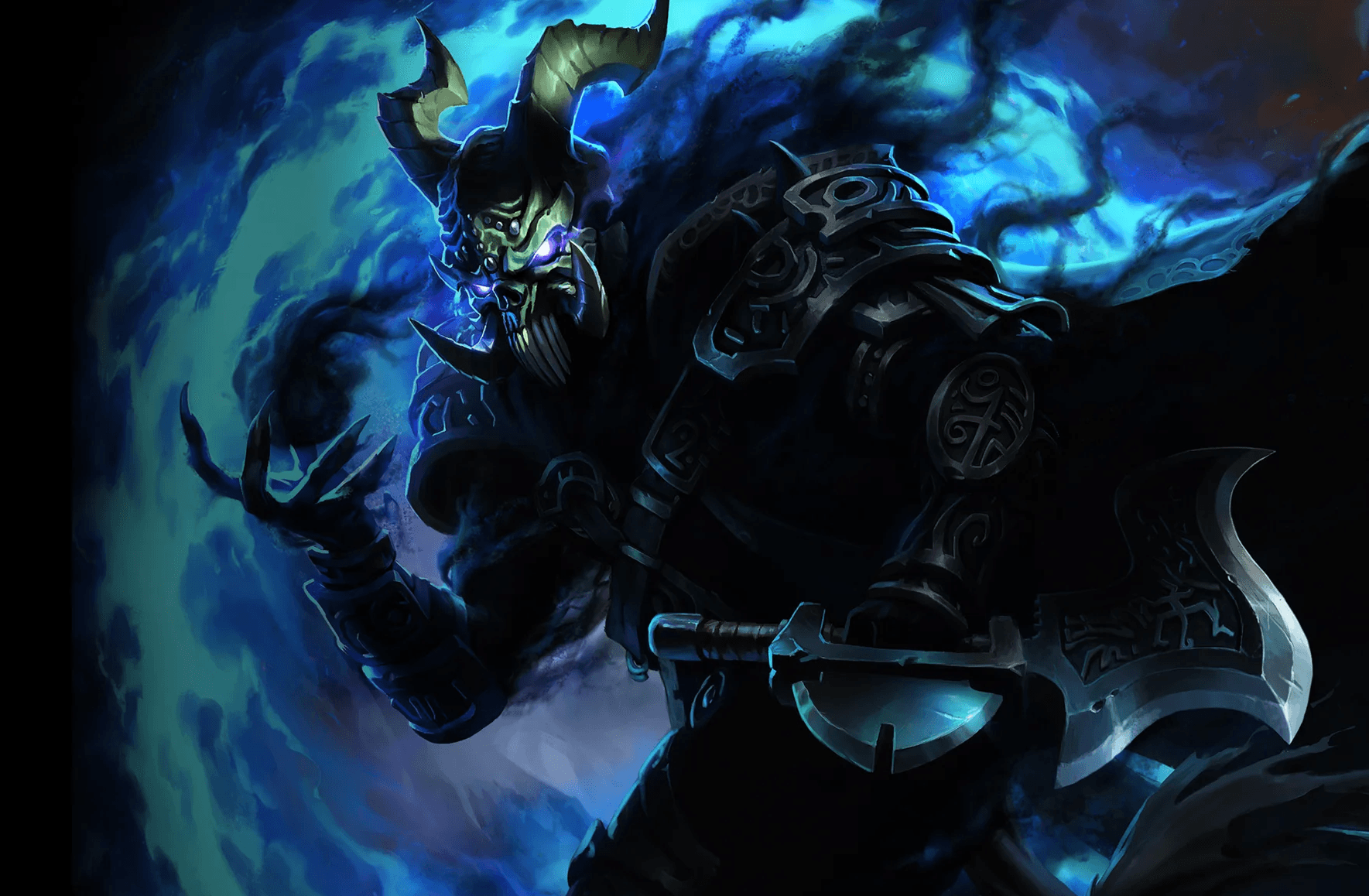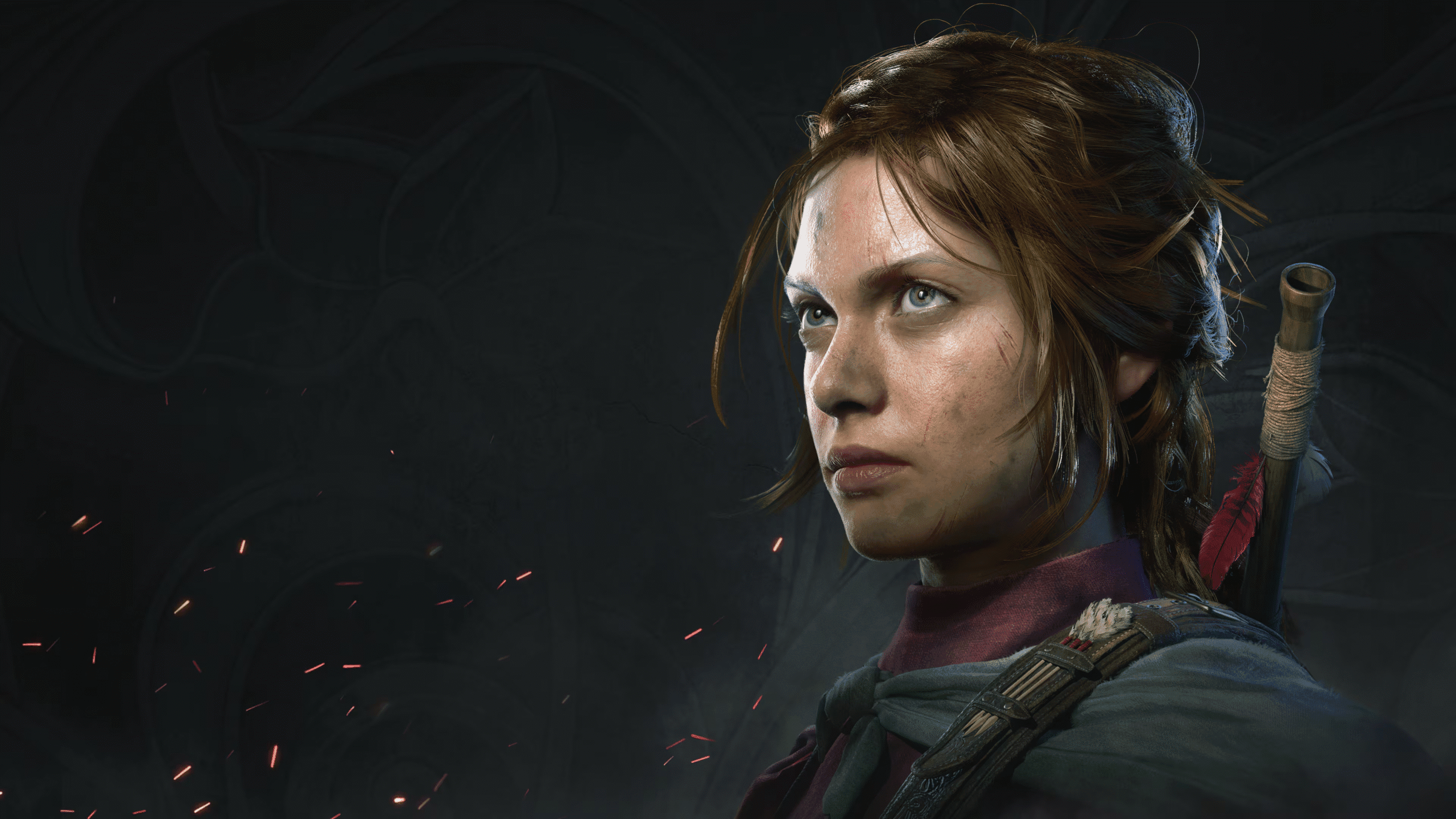Middle-Earth: Shadow of Mordor was easily one of the best games of 2014. It was a fresh take on the concept of open world, not only introducing one of the coolest character development mechanic in the Nemesis system, also combining some of the best elements of other games into one hell of a Lord of the Rings game. This year’s Shadow of War is pretty much the same game, only with every one of the things that made Shadow of Mordor so great dialed up to 11. That should automatically make it an even better game, right?
Thing is, game design isn’t an exact science. More of the same only multiplied doesn’t equal a masterpiece, and as Shadow of War proves in spades, there’s a tenuous balance to be found when coming up with a sequel to an innovative, successful game. While it isn’t a terrible experience by any means, Talion’s newest adventure isn’t as groundbreaking as its predecessor. It’s still a fun game that like Shadow of Mordor runs under a ridiculous premise that would make J.R.R. Tolkien do cartwheels in his grave.
Picking up right after the first game ended, risen Gondor ranger Talion and ghostly elven spirit Celebrimbor are set on forging yet another ring of power, to be used to take the fight to Sauron and end his dark reign for good. But like all good plans, theirs ends up going awry, when Shelob enters the scene and takes their creation for herself during the siege of Minas Ithril, one of the surviving human bastions in Mordor. The conceit that Shelob, merely a tertiary character in the context of the LOTR books, can now somehow turn human and elude people, it’s the lesser of the liberties that developer Monolith has been taking since the very first moment in the previous game up to now.
Still, story hasn’t been the series’ strongest part up to now, and Shadow of War doesn’t really go out of its way to deliver a worthwhile plot. In fact, the story is probably its weakest aspect. That includes the main campaign missions, that similarly to the original game’s, boil down to doing the same things you’d be doing all around the map anyway — taking over bases, recruiting orcs and exploring, only now being directed to doing so, only now following a scripted set of events. Much of the fun of Shadow of War comes from just messing around the world on your own. It awards you for going out of the story’s rigid structure and only coming back to it when it’s time to move on. There’s just so much to do in every section of the map that it’s hard to keep up with so many map icons that point to side activities and collectibles.
And there’s hardly any pressure keeping you from doing your thing, outside of locking areas of the fairly big map off to story progression. As with Shadow of Mordor, the emphasis on exploration holds hands with character development, allowing you to further expand on Talion’s already extensive set of skills, as well as put together a new army of orcs in order to take the war to Sauron. Thanks to an updated version of the Nemesis system, commanding orcs is even more complex this time around — not only are you able to capture and turn them over to your side, you’re now able to send them back to the enemy as spies, saboteurs and even assassins to do your bidding. But perhaps the biggest inclusion, if you’ve played the original game and are carrying its save file into Shadow of War, is the recurring attacks from your old orc nemesis, who seems to be hot on your heels at the worst (read: busiest) moments during the game.
It’s funny to think that orcs would hold so strong of a grudge that they’d beat death countless times, but you’ve gotta give it to the Uruks, they’re some of the most resilient mofos around. Even some of my decapitated victims managed to make a comeback during my playthrough of Shadow of War, and in some cases, mere minutes after I offed them. One time in particular, I found myself exploring a set of ruins outside of Minas Morghul when I was suddenly attacked by one of these revenge-seeking guys, who upon dying yet again, managed to spawn another as soon as I turned around. I didn’t count at having the Nemesis system play this trick more than once during my playthrough, it was curious enough to warrant mentioning thanks to the nature of open-world games and storytelling through the crazy procedural things that happen during them. Shadow of War is no exception, and for as many faults as it has in terms of story, it more than makes up for in creating opportunities for this type of “it happened to me” tales.
In regards to gameplay, this newest entry to the ‘Shadow of series is pretty faithful to the original game. Talion’s skills are broken into different trees, each tied to a specific style of play, be it stealth, pure combat and my favorite, animal wrangling. Since there are now dragons to be taken over, I immediately started putting skill points into that tree, which proved to be a little frustrating due to how the game gates some of the skill nodes through story progression. It took me about seven hours to get to the point of being able to tame a dragon, and it was more or less worth being patient. On the other hand, if you don’t mind keeping things on the back burner and instead decide to spread points all around, the evolution of play in Shadow of War is quite entertaining.
Taking into account the fact that the combat is still pretty much an extension of what we’ve seen in the Batman games and countless others that have come out since, it’s surprising that it still hasn’t become stale to dance around with foes waiting for a chance for a counter — even more so after seeing the latest Assassin’s Creed ditch that system in favor of a more direct style of combat. Shadow of War takes the strengths and weaknesses when it comes to named mobs even further, which in the long run helps inject some much needed challenge to the fights the stronger you become, but also makes some encounters take way longer than they should, especially when you come face to face with an orc that isn’t susceptible to any of the skills you’ve invested in up to that point.
Then again, if you take the time to scout out a fight and manage to catch your target unaware, it’s quite possible to survive even the most outnumbering of fights, such as letting caged animals loose, dropping “blood fly” hives, poisoning troops, the works (just like in Shadow of Mordor), or you know, fight in riding a dragon and flaming the ever-living hell out of that stupid orc that refuses to join– ah-hem, sorry, talking about this is making me relive some painful memories with a particularly tough bastard, but no worries, I got him in the end. Very well done, in fact.
The main goal you’ll work towards in Shadow of War is setting a foothold into Mordor in order to mount a front against Sauron, that is, taking over strongholds, building an army, and keeping both well armed and strong. That’s where the loot aspect of the game comes in. In a similar manner to MMOs and more recently Destiny, you can pick up weapons, armor, items and even living things (in this case, orcs) of varying color-coded quality. The closer you get to yellow/gold, the better the things you come across are. They’re dropped by enemies you defeat, or can come from finishing quests and exploring. Or, and this is where the micro-transactions come in, you can spend the in-game currency to build loot boxes and rely on chance as to whether or not you’ll get anything noteworthy. For most of the game this isn’t as big of an issue as it could’ve been, since the game is quite manageable even if you aren’t decked out in legendary gear, but it’s in its endgame that things really get tricky if you don’t have the absolute best at your side.
That’s the part where you’re done taking things over and are forced to defend against the enemy. It’s basically the point in which the game becomes quite a repetitive grind and seemingly endless. And to its detriment, it’s the part where the true ending to the story lies. You’re fed a standard closing to the game’s story upon reaching this point in the game, but it’s only after you reach a certain point in defending your keeps that Shadow of War decides to show you the true conclusion to its story arch. As of this writing, I haven’t reached it and probably won’t for quite a while.
Middle-Earth: Shadow of War feels laser-focused in keeping you on your toes at all times. The Nemesis system, a brilliant invention that was introduced in the original game and has disappointingly seen little use of anything outside of the series, is as hectic as ever in this game, and for better or for worse, it’s the core of the entire experience. While I would’ve appreciated a stronger story backdrop, I came out of Shadow of War with plenty of my own fun little tales, and in the long run, those stories are bound to be way more memorable than anything else.







